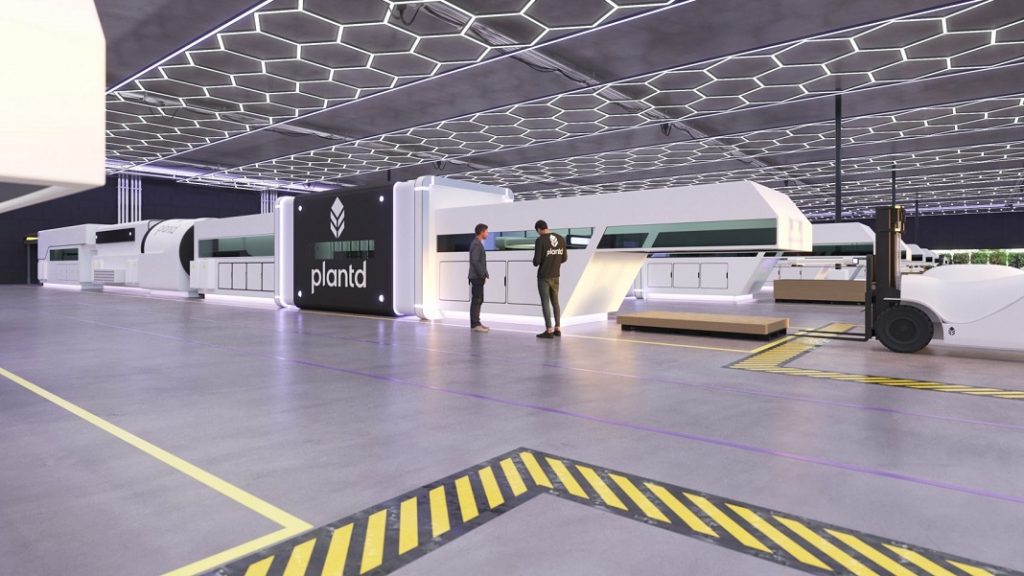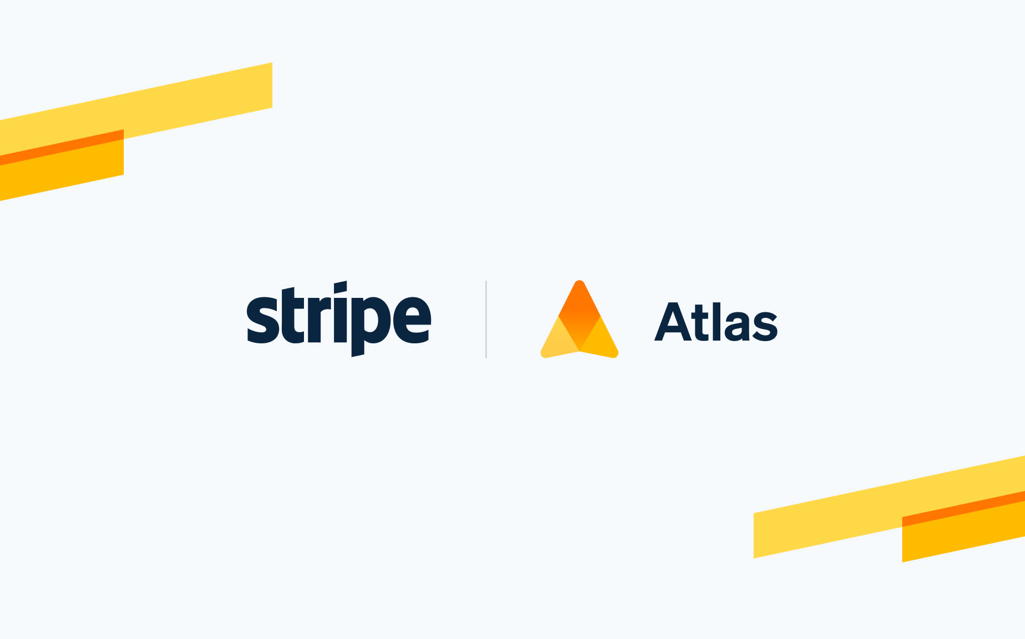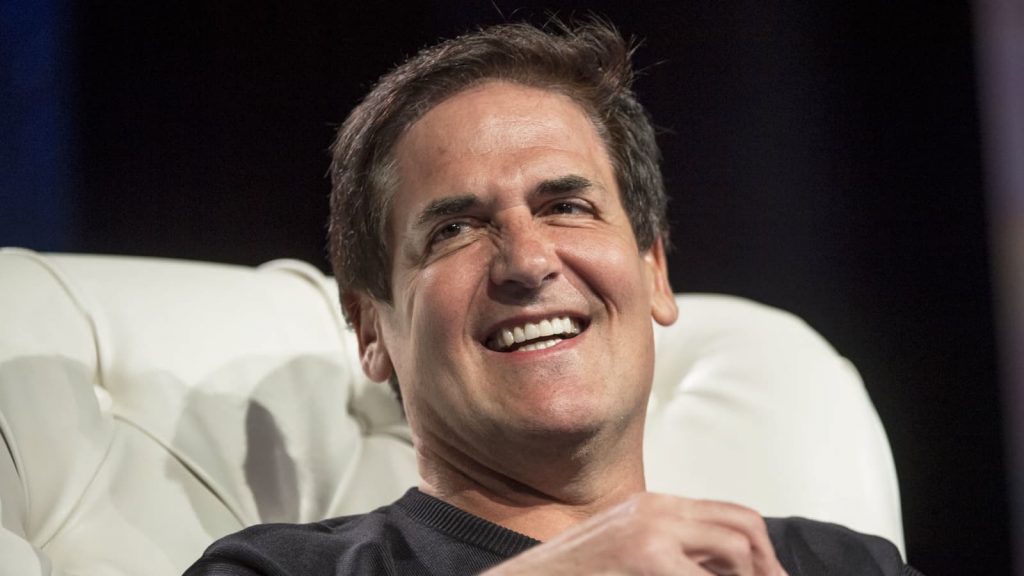The building industry is one of the largest contributors to global warming. Eight percent of global emissions come from the cement industry. But people won’t suddenly stop constructing things; indeed, solving the housing crisis ought to be high on the to-do list. For this reason, we must seek out greener construction practices, which, if possible, should also reduce costs.
Businesses are coming up with a wide range of ways to make buildings greener, from 3D-printed houses to carbon-negative concrete. They now have another choice, and new money suggests that this radical idea might work.


The company Plantd creates grass-based engineered building materials. You guessed it: grass. The company claims that its grass is the fastest-growing perennial grass in the world.
As part of its Series A funding round, Durham, North Carolina-based Plantd raised $10 million in January. Former SpaceX employees make up half of its founding team.
The Great Things About Grass
Grass captures and stores carbon as it grows, much like trees do, and in some cases even more so. The rapidity of their development is largely responsible for this. Although at least one startup is working on engineering trees that grow faster and capture more carbon, it takes at least ten years, and possibly twenty or more, for a tree to reach a mass large enough to be used for lumber, while grass can be harvested multiple times in a single season.
Plantd tried a variety of raw materials before settling on a long grass that can grow between 20 and 30 feet per year and is perennial, meaning it grows back every year without needing to be replanted.
There is a similar cellulose fiber in the grass to that in wood, and it can be deconstructed and reconstituted in such a way that the final product is even stronger than wood (check out this video that made the rounds on LinkedIn last year: a regular wood panel and a Plantd panel are subject to a sledgehammer, and only one of the two withstands the test).
When compared to wood, the structural building panels manufactured by Plantd for use in wall sheathing, roof decking, and subflooring are said to be superior in every way. The panels are meant to be used in place of the more commonplace OSB, or oriented strand board, which is similar to plywood. Shredded grass is pressed into panels using custom-built machinery that applies heat and pressure; a standard four-by-eight-foot panel requires about 50 pounds of grass.
Josh Dorfman, CEO and co-founder of The Difference Plantd, told Forbes that the panels mean builders can cut back on 2x4s. When compared to the traditional wood-based panels used today, he said, “our panels are strong enough to maintain more of the structural integrity of a home.” A builder will only need to use one two-by-four per panel when erecting a wall, which is a significant time and cost savings. This saves money, and a smart builder will also know that using fewer two-by-fours also cuts down on the number of air leaks in the building envelope. What this means for homeowners is improved energy efficiency and lower utility costs.
This year, Plantd will begin growing several acres of its grass in partnership with a local farmer near Durham. Dorfman thinks it will be easy to expand and find more farmers because many North Carolina farmers who have previously grown tobacco are looking to switch to a more sustainable, higher-paying crop.
Plantd claims that eighty percent of the carbon that enters its factory in the form of grass is locked away in the building materials that leave it, thanks to the automated, modular, electric, and low-emissions production technology it has developed in-house for processing the grass and turning it into super-strong panels. They believe they can achieve the same output as wood production while using nine times less land (15,000 acres versus 140,000 acres).
Going Forward
Dorfman had an idea for his business during the pandemic when he was trying to set up a long-term furniture business. Construction materials became more expensive and of lower quality as supply chains broke down. “For this reason, among others, I became interested in starting a materials company that would use biomass sources other than trees,” Dorfman explained. In the early spring of 2021, he and his cofounders debuted Plantd.
With the Series A funding, the company will start its agricultural supply chain and make its first pieces of manufacturing equipment. They want their panels to become the industry standard, and they plan to achieve this by creating the “factory of the future.” The company’s website states that the US market for building panels is $26 billion and that the global market for engineered wood products is worth $280 billion, so they will have their work cut out for them.
These three factors—affordability, durability, and sustainability—are at the heart of our value proposition, according to Dorfman. We are confident that the future will be filled with plenty. If you want to stop global warming and save the planet with Plantd, don’t stop constructing new buildings.




